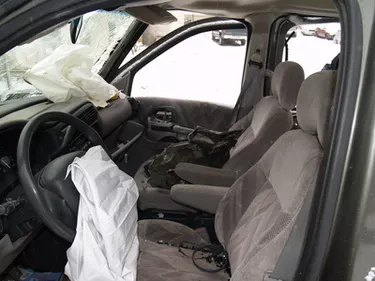
Auto insurance is a patchwork of laws across the United States, and exact insurance requirements vary among the states. PIP, or personal injury protection, is mandatory in some states, such as Florida, and broadened personal injury protection can also be purchased.
PIP
Video of the Day
Personal injury protection is a form of insurance that covers the insured, no matter who is at fault in the accident. It is a common requirement in states with "no-fault" auto insurance systems.
Video of the Day
Broadened
Broadened personal injury protection, also known as named individuals broadened personal injury protection, is an additional level of personal injury protection. It protects those, other than the insured, who may from time to time drive the insured automobile, such as employees or family members.
Considerations
Consult your insurance agent to determine whether broadened personal injury protection is necessary, if it is available in your particular jurisdiction and how much the additional coverage costs. Details will vary, depending on the jurisdiction.